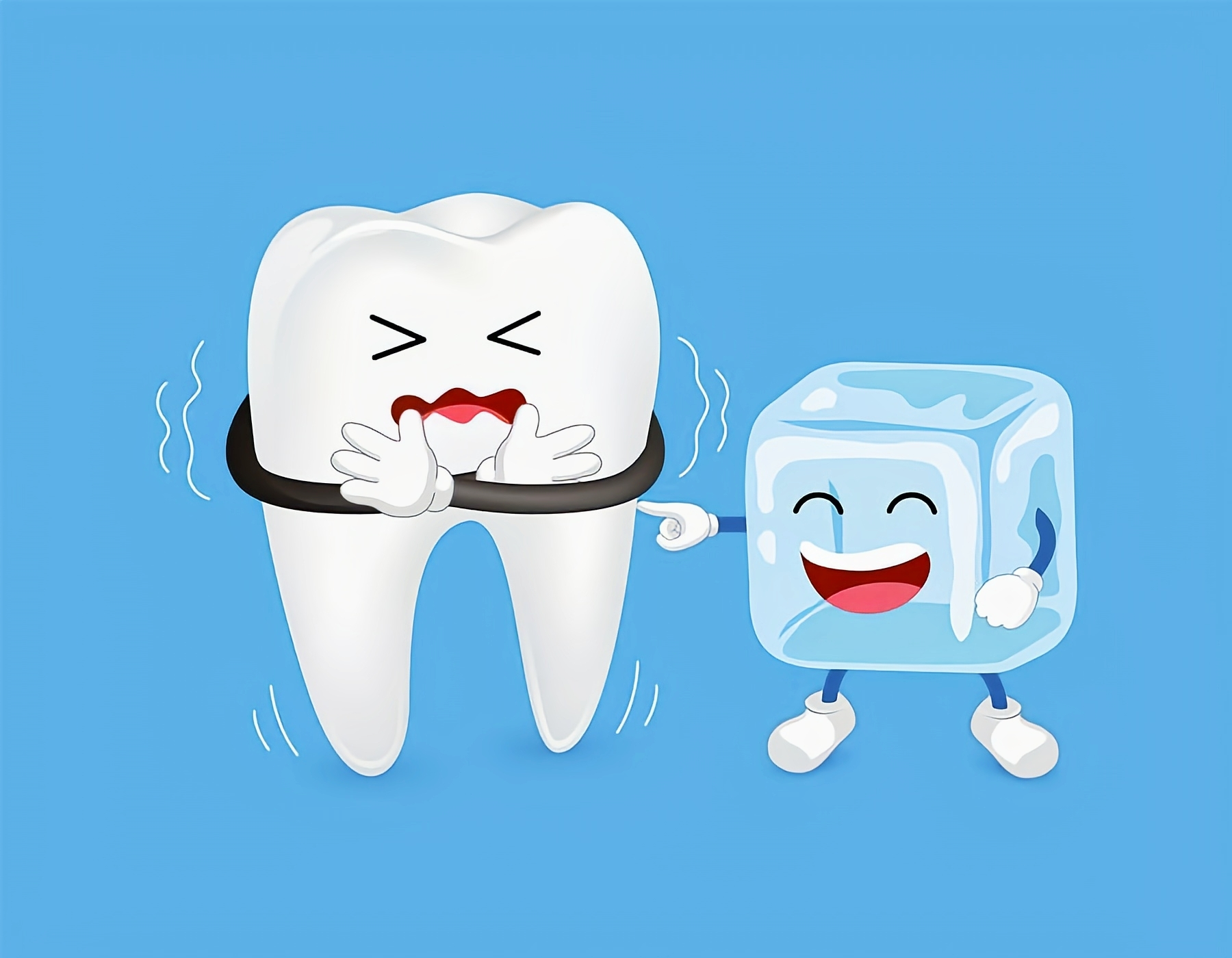+919220813684

This is your website preview.
Currently it only shows your basic business info. Start adding relevant business details such as description, images and products or services to gain your customers attention by using Boost 360 android app / iOS App / web portal.
Tooth sensitivity, also known as dentin hypersensi...

Tooth sensitivity, also known as dentin hypersensitivity, is a common dental issue that causes sharp, sudden pain in one or more teeth. This discomfort often occurs when consuming hot, cold, sweet, or acidic foods and drinks or even while brushing your teeth. Sensitive teeth can stem from worn enamel, exposed dentin, gum recession, or decay. Causes of Tooth Sensitivity 1. Enamel Erosion: Acidic foods and drinks can erode the protective enamel layer, exposing the sensitive dentin beneath. 2. Gum Recession: When gums recede, the roots of teeth are exposed, increasing sensitivity. 3. Aggressive Brushing: Hard brushing or using a toothbrush with hard bristles can wear down enamel over time. 4. Teeth Grinding (Bruxism): Grinding your teeth can cause enamel to wear down and may lead to sensitivity. 5. Dental Procedures: Some treatments, such as teeth whitening or filling replacements, can cause temporary sensitivity. Tips to Manage Tooth Sensitivity 1. Use Desensitizing Toothpaste: Specialized toothpaste can help block pain signals from the tooth's surface to the nerve. 2. Avoid Acidic Foods and Drinks: Limit consumption of citrus fruits, carbonated beverages, and wine, as they can worsen sensitivity. 3. Practice Gentle Brushing: Use a soft-bristled toothbrush and gentle circular motions. 4. Mouthguard for Grinding: A custom-fitted mouthguard can protect your teeth if you grind them at night. 5. Fluoride Treatments: Your dentist may apply a fluoride gel to strengthen enamel and reduce sensitivity. When to See a Dentist If tooth sensitivity persists or worsens, it's essential to visit a dentist. They can determine the underlying cause and offer treatments like bonding, gum grafts, or sealants to protect sensitive areas.

